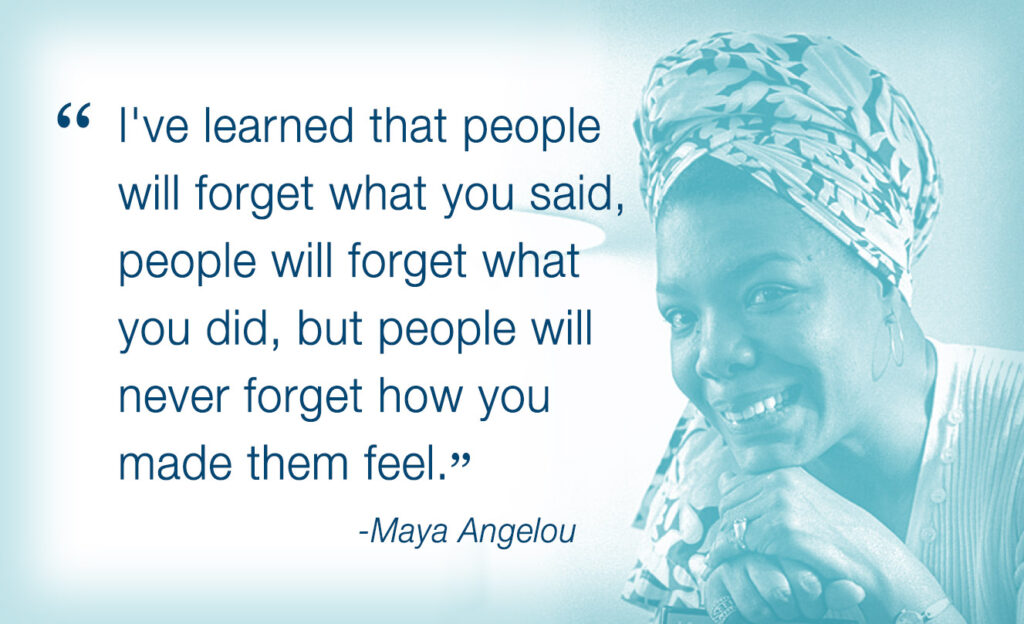
I began my career in the early 1980s as a pharmaceutical sales rep. It was a crazy time, when national sales meetings were more like spring break and none of today’s corporate norms were even contemplated, let alone in place.
Yes, there was bad behavior, and no, it was not often addressed. It was just part of the reality.
As my career progressed, I was fortunate to work for and with people that believed in my potential and who helped me advance in my career. I was, however, often the only woman at the table. It made me better, and made me cautious, regarding how and when to use my voice.
As a distinct minority in the industry, we were coached on how to be respected for our performance and intellect, without being too threatening to our peers or leaders. I recall vividly, for example, how afraid I was 27 years ago when I had to tell my employer that I was expecting my first child. I worried that as a working mother I would no longer be “taken seriously” in my career.
Some progress has been made
The expectant mother scenario above would be hard to imagine today in the professional realm of most of our industry, and I am pleased to acknowledge that there are many examples of progress and open dialogue about better outcomes when there is diversity in management teams, BODs, and innovation working groups.
A year ago, for example, MassBio declared no more “manels” (all male panels). Progress was evident at the recent 2019 MassBio State of Possible, where a diversity of panels and a well-planned agenda of contemporary life science topics was implemented. I am pleased to say, it felt so different!
First, I was impressed by the number of talented female scientists, venture capitalists, bankers, CEOs, entrepreneurs, and government officials who sat on those panels. Second, because while they were joined by talented men too, the conversations were engaging, on point, and impactful, with no off-humor jokes or “mansplaining.” Further, many of the questions in the audience from the attendees were respectful and seeking insights from all members of the panels. Seems so obvious now.
Words are not the same as actions
It is not that the benefit of gender diversity hasn’t been highlighted previously. Whether it’s the MassBio LiftStream survey, or the recent Wall Street Journal article (subscription required) about gender diversity’s correlation to company performance, this subject is getting coverage.
But, reading about it is not the same as the feeling one gets when watching it unfold in a two-day MassBio conference or hopefully in your own companies.
What feels different now is that we are starting to see action where previously it had only been words. What also feels different now, is that we can exercise the courage to talk about behavior when it makes us feel uncomfortable, impacts our ability to do our job, or contribute at our highest level.
Much work still to be done
It is on this last point that I want to focus additional attention before closing. Despite the gains we’ve seen within our life science companies, there remain individuals whose behavior and treatment of others causes people to feel undermined, diminished, and uncomfortable – every single day.
Sometimes that behavior is passive aggressive; sometimes it is just aggressive. None of it is acceptable, but often it is tolerated because timelines are tight, financing is constrained, or we need that expertise/person/role.
Whatever the specifics, the professional pain, self-doubt, and isolation felt by the recipients of this behavior is very real and unsettling. The listening support we provide must be empathic with suggestions that are empowering since often the feeling of powerlessness is what causes the most personal turmoil.
Indeed, you might be surprised at how the experience of this hostile behavior can cause even the most seemingly strong and confident individual to feel untethered and lost. Words like bullying and abusive behavior may seem inflammatory – until we understand the point of view of the person on the receiving end.
I am grateful that when that recipient was me, I had the support of colleagues and family to get me through. I learned that the embarrassment of feeling so rattled was also the thing that was holding me back from addressing it. I also learned in that experience, that some of my previous advice to others was woefully off-target. In the end, the most helpful conversations were those that reframed the power in my mind and enabled me to regain my sense of self.
Where do we go from here?
Individuals who behave in a manner that causes others significant professional pain need to be told that their behavior is unacceptable. They need to be coached to improve. If necessary, they need to be removed from the organization. But it all begins by making it safe to talk about these things in the first place within our companies.
We have come a long way since those early days of see everything, say nothing and I feel most fortunate to have lived and felt the progress. My sensors are now up, as I listen carefully for cues and signals from those who still struggle, and as I commit to making it safe for these conversations to take place in my own professional and personal relationships.
All of us in our life science community have a duty to do the same so that each of us has an opportunity to contribute to the fullest extent and make the most significant difference possible in the lives of the team members AND patients we serve.